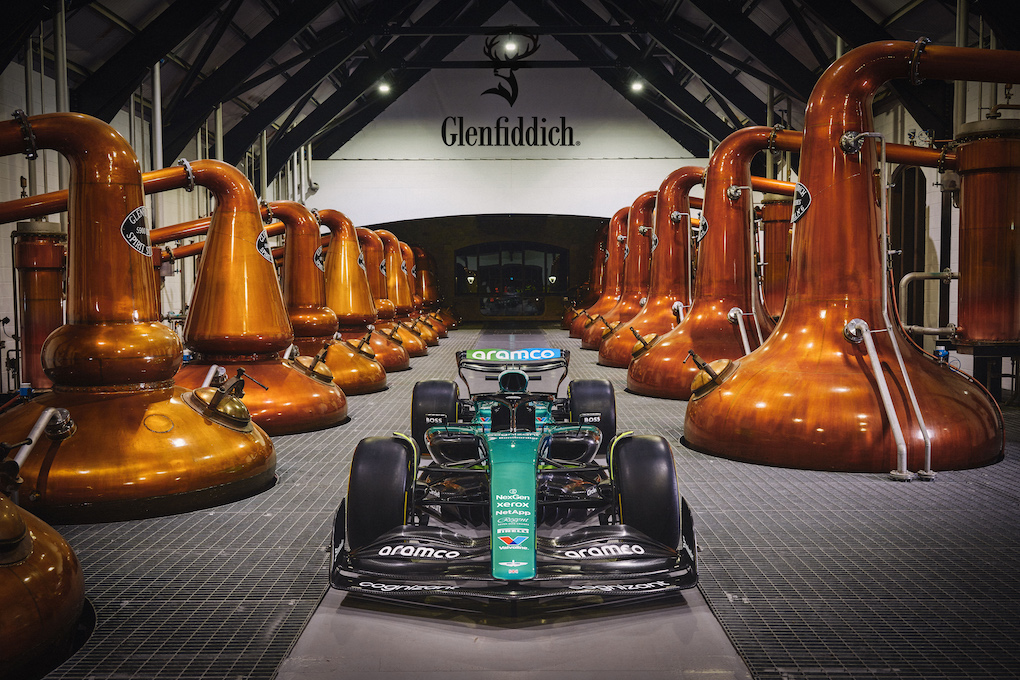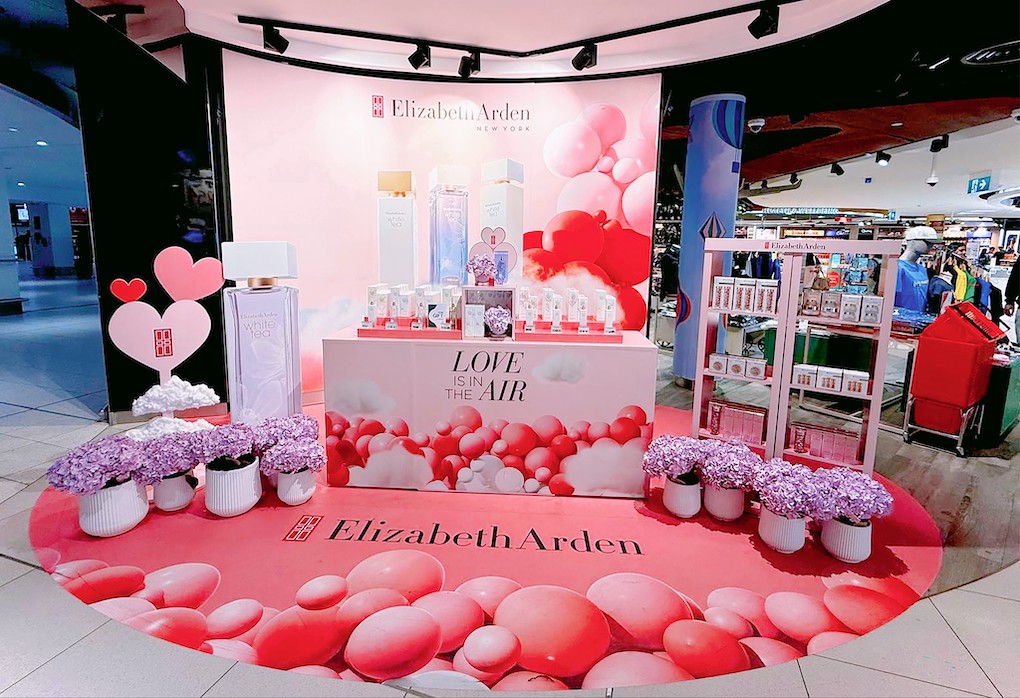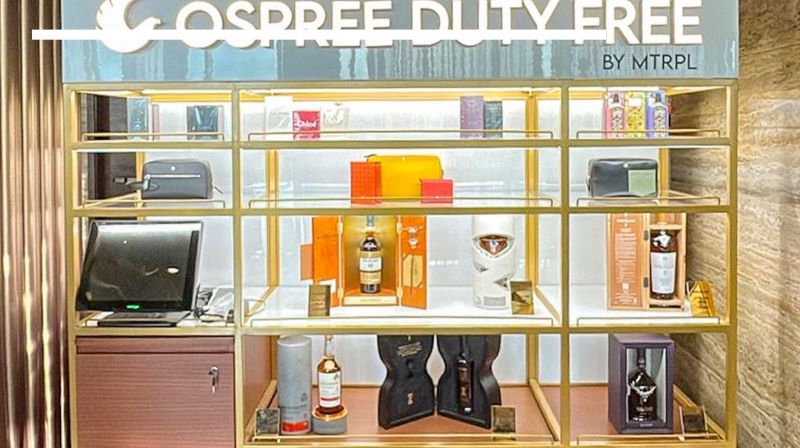 |
CHINA. Falling between China’s much-studied emerging middle class and its celebrated high net-worth individuals (HNWIs), a new report claims that the country’s affluent population will drive consumption over the coming years.
And according to Boston Consulting Group (BCG), this segment will have a particularly profound impact on spending in both overseas travel and personal luxury items.
The affluent class – with annual household disposable income of more than US$20,000 but less than US$1 million – today represents a population of 120 million and will reach 280 million, 20% of China’s population, by 2020.
In that time affluent spending will grow five-fold to US$3.1 trillion, equivalent to 35% of China’s consumption and 5% of global consumption.
Today’s affluent spend just 5% of what HNWIs spend per capita on personal luxury items – including watches, jewellery, fashion and accessories, skincare and cosmetics.
But the growing size of the affluent population means that it will account for 75% of the anticipated US$150 billion growth in this category by 2020, compared with just 20% from HNWIs.
Travel and personal luxury spending boon
BCG claims that overseas travel and personal luxury items are set to benefit from the increasing emergence of affluent citizens from out of the middle class. Consumption of these goods rises at ‘inflection points’ rather than continuously – showing a steep rise then plateau when disposable income reaches middle class level, then another steep rise and plateau at affluent level.
Based on these insights and on a survey of 3,000 affluent Chinese consumers, the report identifies several attitudes that distinguish affluent consumers from those in the middle class and HNWIs. It claims that they are more sophisticated shoppers than the middle class, drawing on a greater array of cultural experiences to choose brands that set them apart. But, unlike HNWIs, they are more likely to remain price-conscious and spend on conspicuous luxury, as opposed to luxury items that cannot be seen by others.
Sugar generation and veterans
The report also distinguishes between sub-categories of affluent consumers and their various differing behaviours. The sugar generation, for example, have grown up with affluent parents and will be more interested in niche brands that set them apart from their peers. And veteran affluent consumers, who have been affluent for more than eight years, are likely to place more value in intangible luxuries such as excellent point of sale service.
One of the report’s core action points is to “˜promote and sell to overseas travellers’. It said: “Providing a memorable experience in overseas stores – and investing in prominent advertising, local-language assistance, and overseas retail locations – not only boosts overseas sales but also impacts sales in China.”
The report can be downloaded following registration at www.bcgperspectives.com.
[houseAd5]





